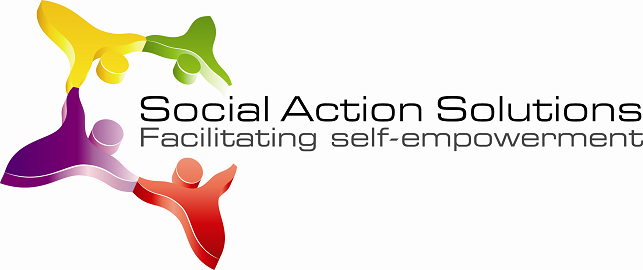Social Action is made up of two essential and inseparable elements – principles and process. These do not stand alone, but are completely dependent on each other. Combined they form an effective approach for working with people and a powerful force for change. They are inseparable in the sense that without the principles the process is reduced to a set of techniques that are barely indistinguishable from other practices.
- Refusing to accept negative labels: all people have skills and understandings on which they can draw to tackle the problems they face. Professionals should not attach negative labels to community members or service users
- The right to choice and control: all people have rights, including the right to be heard, the right to define issues facing them and the right to take action on their behalf
- Complex problems: individuals facing difficulties are often confronted by complex issues rooted in social policy, the environment and the economy. Responses to them should reflect this understanding
- Power: people acting collectively can be powerful. People who lack power and influence can gain it through working together in groups. Practice should reflect this understanding
- Facilitation and enabling: methods of working should reflect non elitist principles. Social action workers do not ‘lead’ the group but enable people to make make decisions for themselves and control outcomes. Though special skills and knowledge are employed, these do not give privilege and are not solely the province of professionals
- Tackling all forms of oppression: social action will strive through its work to challenge inequality and discrimination in relation to race, gender, sexual orientation, age, class, disability or any other form of social differentiation

